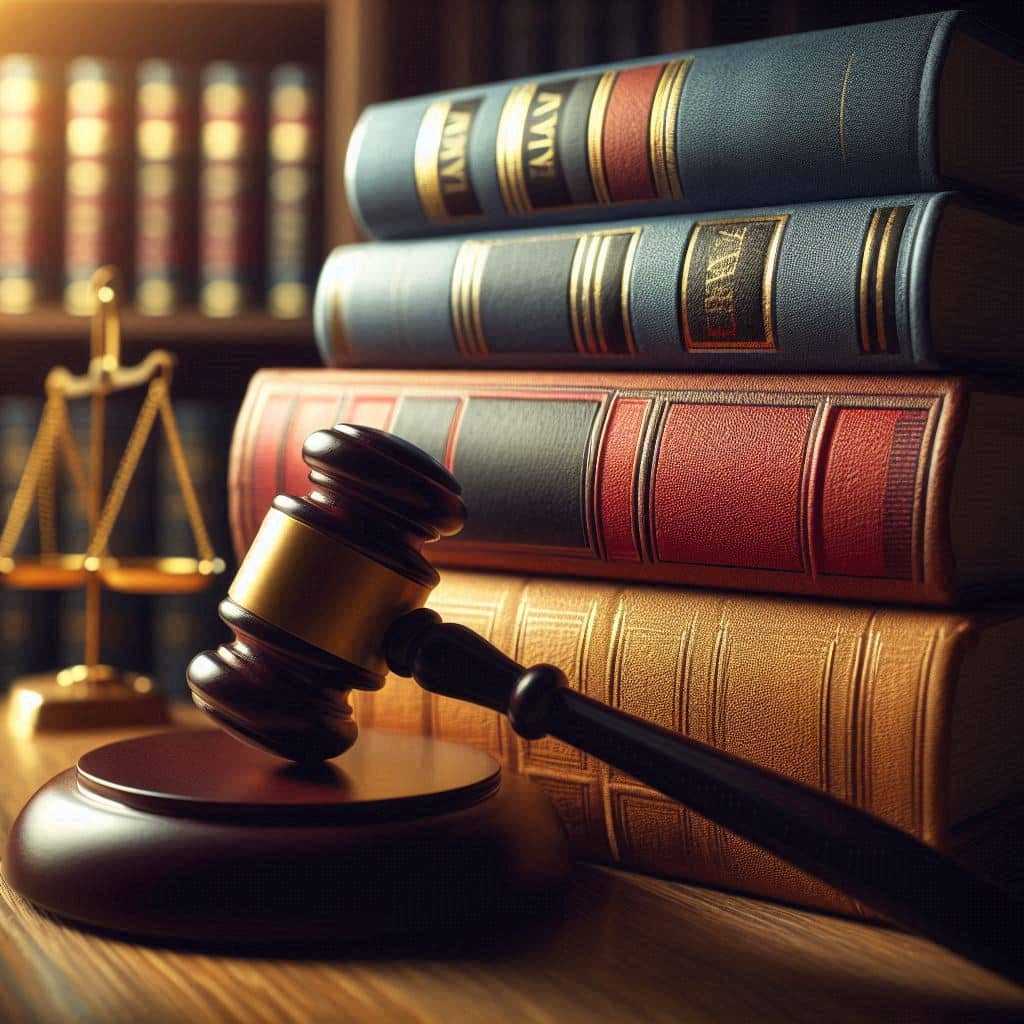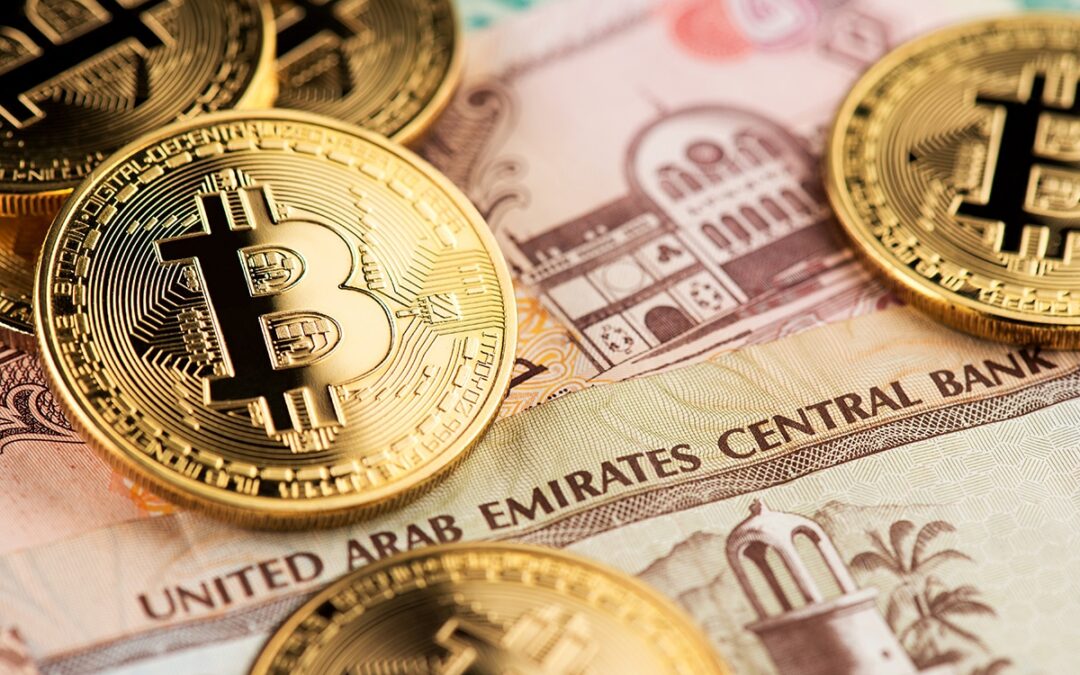In the UAE, this evolution holds considerable promise for businesses, especially in light of the country’s developing regulatory framework and its goal of positioning itself as a global business hub.
Traditional Banking Escrow vs. Stablecoin-Based Escrow
In a traditional escrow arrangement, a neutral third party typically a bank holds the funds from one party until specific conditions outlined in the agreement are met. While this system has served its purpose over the years, it comes with several limitations.
With the emergence of blockchain technology, stablecoin-based escrow services are changing the game. Stablecoins, which are cryptocurrencies pegged to stable assets such as the US dollar, offer more stability compared to other digital currencies. When combined with blockchain technology, stablecoin escrow offers notable advantages:
- Faster Transactions: Blockchain transactions occur almost instantaneously, dramatically reducing the time required to process payments, even in international contexts.
- Lower Costs: By eliminating intermediaries like banks, stablecoin escrow reduces the fees associated with traditional escrow services.
- Transparency: Blockchain technology provides an immutable, publicly accessible ledger, allowing all parties to track the progress of the escrow agreement in real time, ensuring transparency and reducing the risk of fraud.
This shift not only enhances the speed and cost-efficiency of escrow services but also fosters trust and security, making it an appealing option for businesses and individuals alike.
Step-by-Step Walkthrough of Stablecoin Escrow in UAE Regulatory Compliance and Provider Selection
Initiating a stablecoin escrow transaction begins with selecting a stablecoin provider approved by the Central Bank of the UAE (CBUAE). This critical first step ensures that the entire transaction will be conducted within the country’s robust regulatory framework. The chosen provider must demonstrate full compliance with UAE financial regulations, providing transparency and legal certainty for both parties.
Account Verification and KYC
Before any transaction can proceed, both the buyer and seller must complete comprehensive Know Your Customer (KYC) and Anti-Money Laundering (AML) verification processes. This involves submitting official identification documents, proof of address, and potentially additional financial documentation. The verification process is designed to prevent fraudulent activities and ensure that only legitimate businesses and individuals can participate in stablecoin escrow transactions. Each party will create a verified account that serves as their official digital identity for the transaction.
Detailed Transaction Agreement
With verified accounts established, both parties must collaboratively define the precise terms of their transaction. This goes beyond a simple monetary exchange, requiring a detailed digital contract that specifies the exact amount of stablecoins, delivery conditions, timeline, and specific release mechanisms. The agreement must be clear, unambiguous, and mutually understood. This step is crucial in preventing potential disputes and ensuring that both parties have a shared understanding of the transaction’s expectations.
Secure Funds Deposit
The buyer deposits the agreed amount of stablecoins into the escrow account. These stablecoins must be fully backed by cash reserves held in UAE banks and denominated in dirhams. The blockchain ledger provides complete transparency, allowing both parties to verify the deposit in real-time. This step ensures that funds are secure and readily available for transfer upon successful completion of the transaction’s terms.

Key Regulatory Considerations
Throughout this process, strict adherence to UAE financial regulations is paramount. Transactions are limited to approved stablecoins, with algorithmic and privacy tokens explicitly prohibited. This regulatory framework ensures the integrity and security of stablecoin escrow services in the UAE.
Legal Considerations in the UAE
The UAE is at the forefront of embracing blockchain technology, making significant progress in integrating digital assets into its financial landscape. However, the legal framework surrounding stablecoin escrow and blockchain transactions still requires careful attention and development.
Regulatory Bodies: VARA, ADGM, and FSRA
In the UAE, several key regulatory bodies oversee blockchain-based financial activities, providing guidance and oversight to ensure that digital asset transactions, including stablecoin-based ones, adhere to the legal and financial standards of the country:
- VARA (Virtual Assets Regulatory Authority): VARA regulates virtual assets within Dubai, including stablecoins. As part of Dubai’s efforts to establish itself as a leader in the digital economy, VARA plays a crucial role in creating a regulatory environment conducive to innovation in the digital asset space.
- ADGM (Abu Dhabi Global Market): The financial services regulatory authority within ADGM is responsible for regulating digital assets in Abu Dhabi. It oversees stablecoin-based transactions, ensuring they align with financial regulations in the region.
- FSRA (Financial Services Regulatory Authority): The FSRA regulates financial institutions operating within ADGM and is actively involved in overseeing the issuance and use of stablecoins, ensuring that these transactions are compliant with existing financial laws.
Together, these bodies ensure that stablecoin transactions comply with the broader financial regulations of the UAE and provide a framework for the legal use of blockchain technology in escrow services.
AML/KYC Requirements
The UAE’s regulatory framework also includes strict Anti-Money Laundering (AML) and Know Your Customer (KYC) requirements, which are essential for any financial transaction, including stablecoin-based escrow services. These regulations are designed to prevent illegal activities such as money laundering, terrorism financing, and fraud. By requiring thorough vetting of the parties involved, the UAE ensures that all transactions are conducted transparently and in accordance with international financial standards. This implementation of AML and KYC measures is critical in maintaining trust in blockchain-based systems, thereby protecting the integrity of the country’s financial ecosystem.
Having said that, Contact Khairallah Advocates & Legal Consultants and benefit from our free 30-min legal consultation.
*Disclaimer: our blogs, law updates and FAQ’s are freely distributed for educational purposes and to showcase recent updates and regulations in the UAE’s framework.
If you have any questions and need assistance, contact us at our number or book an appointment online.





You completed a number of good points there. I did a search on the matter and found the majority of folks will have the same opinion with your blog.